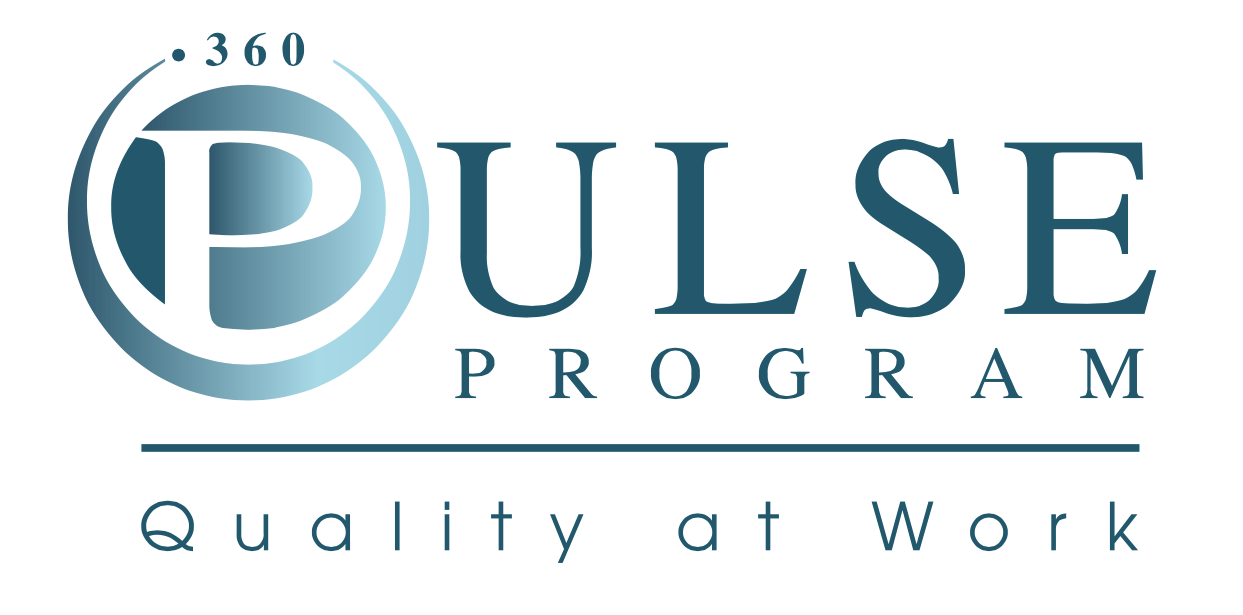The past decade has seen intense interest and dramatic change in how hospitals and physician organizations review physician behaviors. The characteristics of successful physicians extend past their technical and cognitive skills. Two of the six core clinical competencies (professionalism and interpersonal/communication skills) endorsed by the Accreditation Council for Graduate Medical Education, the American Board of Medical Specialties, and The Joint Commission require physicians to succeed in measures associated with emotional intelligence (EI). Using 360-degree anonymous feedback surveys to screen for improvement opportunities in these two core competencies enables organizations to selectively offer education to further develop physician EI. Incorporating routine use of these tools and interventions into ongoing professional practice evaluation and focused professional practice evaluation processes may be a cost-effective strategy for preventing disruptive behaviors and increasing the likelihood of success when transitioning to an employed practice model. On the basis of a literature review, we determined that physician EI plays a key role in leadership; teamwork; and clinical, financial, and organizational outcomes. This finding has significant implications for healthcare executives seeking to enhance physician alignment and transition to a team-based delivery model.
Menu
Good to Great: Using (PULSE) 360-Degree Feedback to Improve Physician Emotional Intelligence
- 360 feedback
- Good to Great: Using (PULSE) 360-Degree Feedback to Improve Physician Emotional Intelligence





